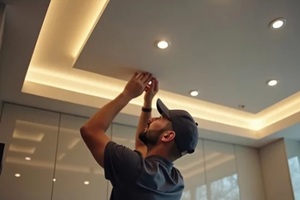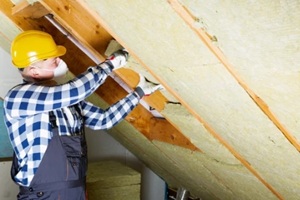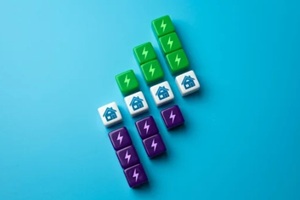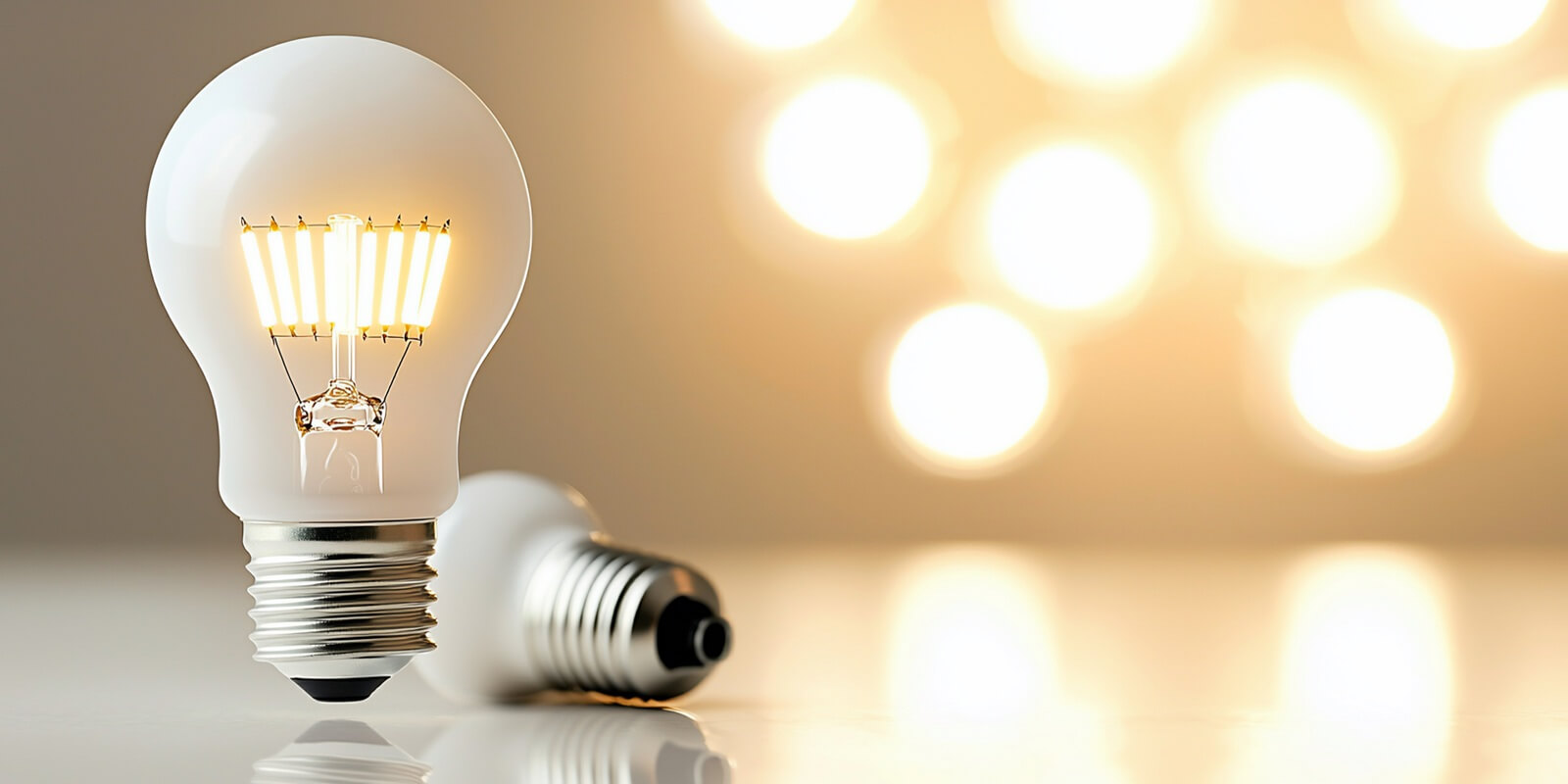Improving energy efficiency helps homeowners save on their monthly electricity bill while future-proofing the home for more sustainable living. Each year, American families save over $8.4 billion on energy efficiency investments in their homes.
Additionally, Maryland utility providers must meet new sustainability standards, as mandated by recently passed legislation, leading to more profitable incentives for homeowners to invest in sustainable energy. These seven energy-efficient upgrades are the best investments for homeowners seeking to reduce their electricity costs, enhance their benefits, and improve sustainability.
While not every upgrade is suitable for every home, many homeowners can combine these benefits with the help of an experienced solar energy installer to maximize their savings in the years to come.
Solar Panel Arrays

Modern solar panel arrays are among the most effective energy-efficient upgrades in modern homes due to several primary factors. As inflation and infrastructure costs rise, major energy providers such as Pepco and BGE plan to roll out state-wide electricity rate increases.
As the costs of electricity during peak times and seasons skyrocket, homes with less reliance on the grid can resist these changes, resulting in a lower monthly electricity bill. As with everything else, the price of solar panels is increasing. However, the value they deliver to homes is also growing. Now is the perfect time to invest in sustainability through modern solar arrays before prices rise further.
Smart Temperature Controls
Smart thermostats and high-efficiency HVAC systems can help homeowners recoup costs by improving one of the most expensive aspects of their home’s energy usage. Temperature control impacts energy consumption during peak usage times, such as during the middle of the day and the summer and winter months.
When the grid is more congested, utility providers may impose additional charges to recoup the costs of their infrastructure. Smart temperature control systems can automatically turn the heat and AC off when no one is home and regulate the daily temperature settings according to the homeowner’s predetermined preferences.
Energy-Efficient Appliances
As appliances get outdated, they become less efficient. Many older appliances begin to draw more power than they need, leading to a silent drain on the homeowner’s resources. Replacing outdated washers, dryers, refrigerators, freezers, water heaters, and HVAC systems with Energy Star-rated appliances can help lower energy costs while improving efficiency.
Improved Insulation
In addition to more efficient appliances, homeowners can improve their home’s insulation to reduce strain on cooling and heating systems. Better insulation materials and reinforced insulation locations can help many homes, especially older ones, lower their monthly electricity bills.

An energy-efficiency inspection should reveal opportunities to improve insulation, especially in the attic or basement. These areas should be well-insulated to prevent the highest and lowest points of heat loss from draining the home’s energy efficiency. Better seals around the windows and doors can also help control energy loss.
Energy-Efficient Windows
Windows often cause homes to lose energy. If too much infrared heat enters, the HVAC system must work harder to control internal temperatures. Energy-efficient windows block invisible infrared heat while still allowing visible light to enter normally. This means that without changing the room’s visuals, more efficient windows can save homeowners on their energy bills and increase the longevity of their temperature control systems.
Cool Roofing Materials
Slate, asphalt, and other conventional roofing materials absorb and retain heat. Cool roofing materials are reflective or reflective-coated to reduce thermal stress on the home and improve its ability to regulate internal temperatures. During peak power usage times, such as the summer months, upgrading the roof with reflective materials such as metal or coated shingles can lead to long-term energy savings.
LED Lighting Systems
LED lights consume less energy than traditional incandescent bulbs, reducing replacement costs while increasing the energy efficiency of homes. Most indoor fixtures in the bathroom, kitchen, and hallways can be upgraded with LED lights to reduce power consumption.
Additionally, outdoor lighting can be upgraded with smart timers and sensors to prevent needless power waste. Dimmers enable the control of power usage, allowing light sources to be used efficiently without wasting energy unnecessarily.
Partner With Experienced Solar Installers to Upgrade Your Home

Experienced solar installers conduct thorough energy audits to help homeowners reduce their monthly electricity bill while increasing their comfort. These energy efficiency upgrades can lead to significant savings; however, homeowners can also refine their energy usage habits and reduce energy waste through additional measures.
At Energy Select, our professional solar installers help homeowners recognize opportunities for energy savings. Modern solar installations reduce homeowners’ reliance on grid-based power consumption, future-proofing their finances against rising energy costs while improving sustainability. Contact our team today to learn how an energy inspection and solar installation can enhance your home and lower your monthly electricity bills.


